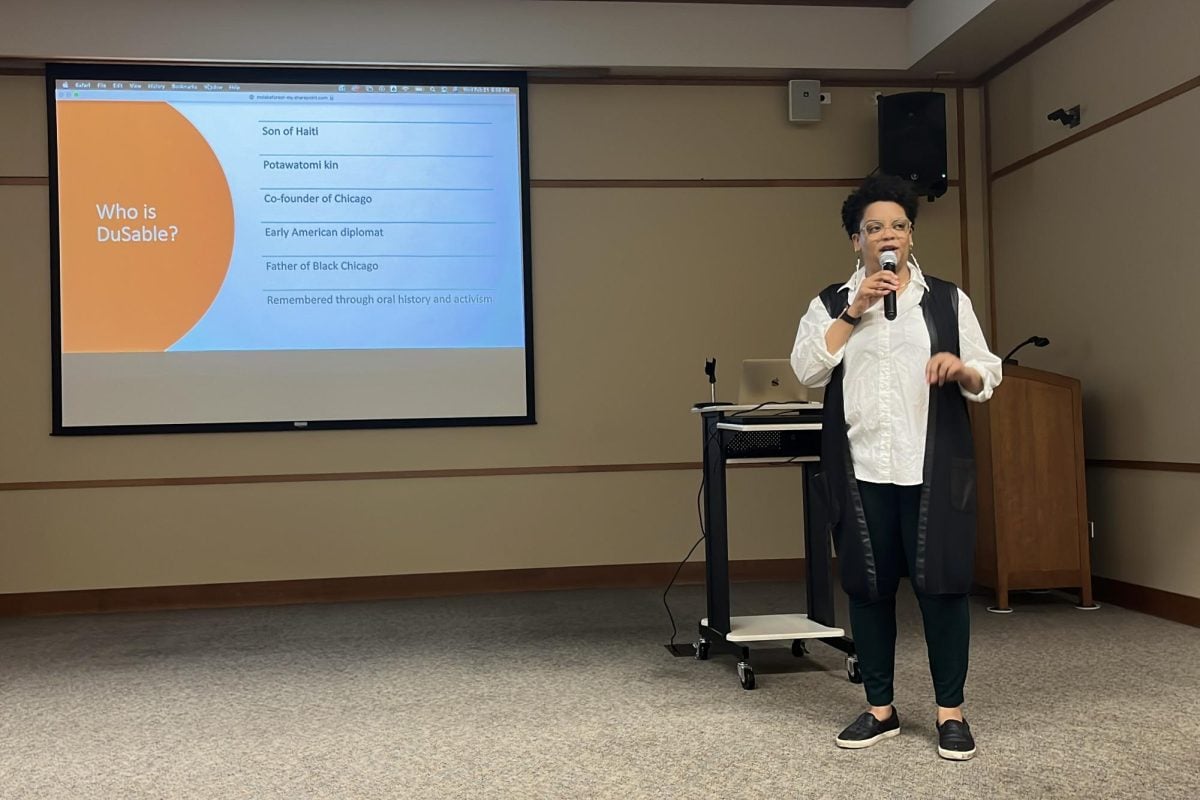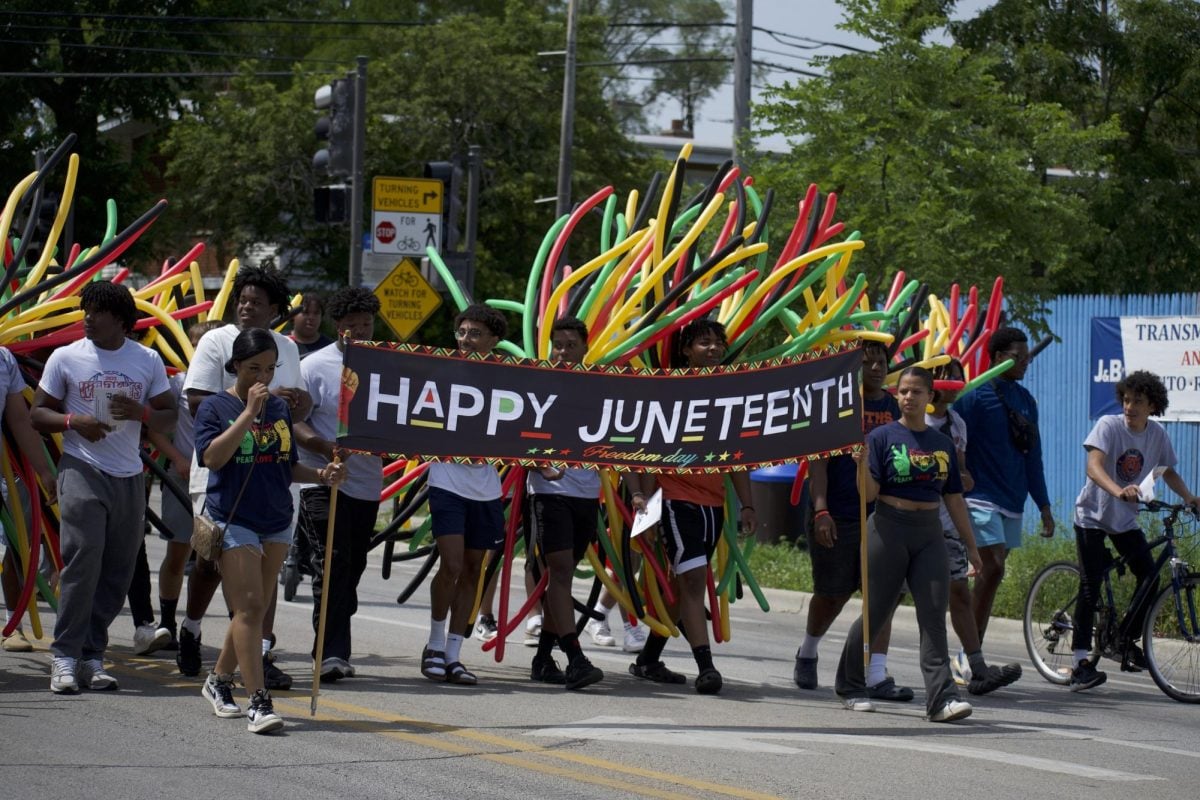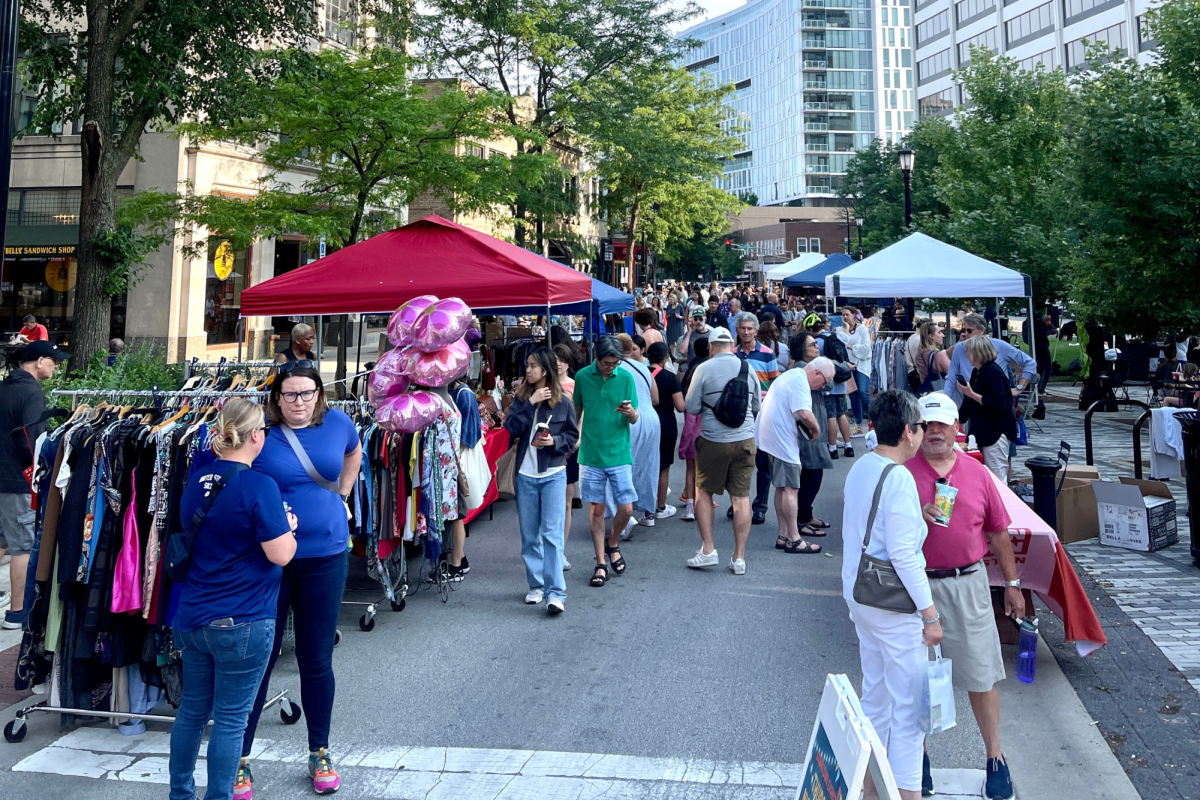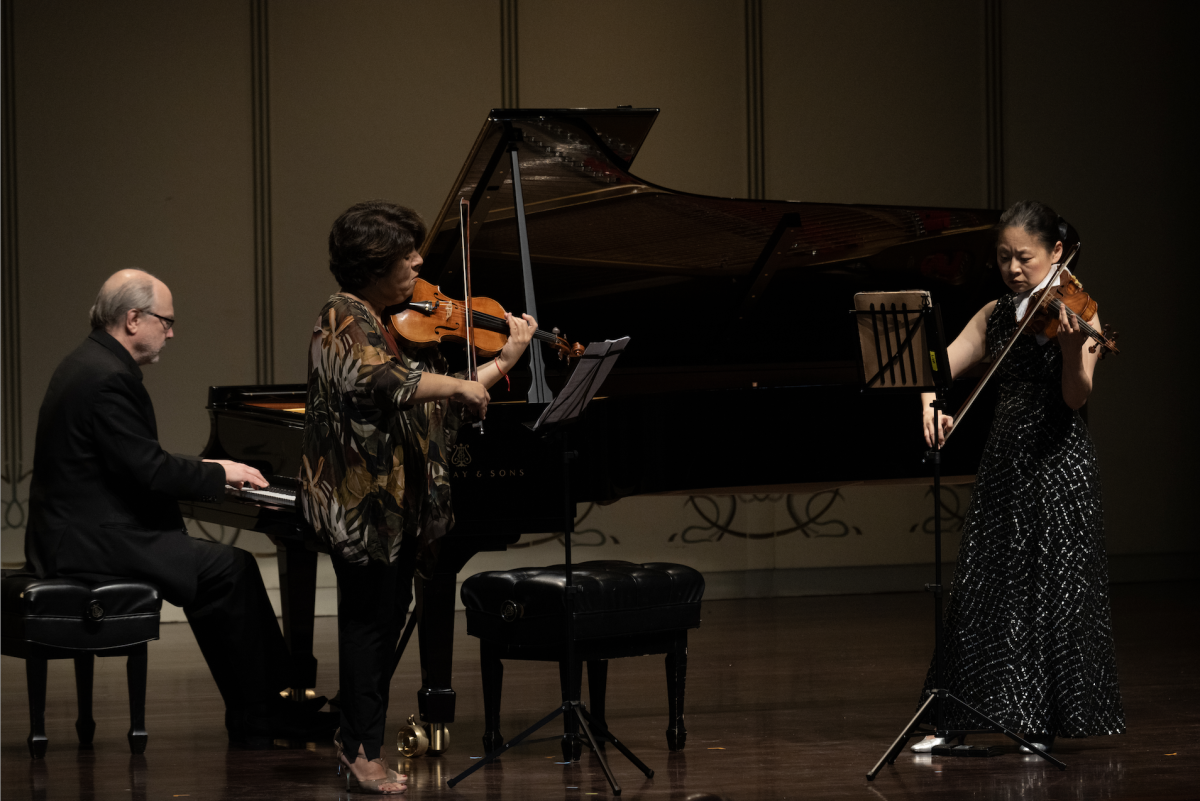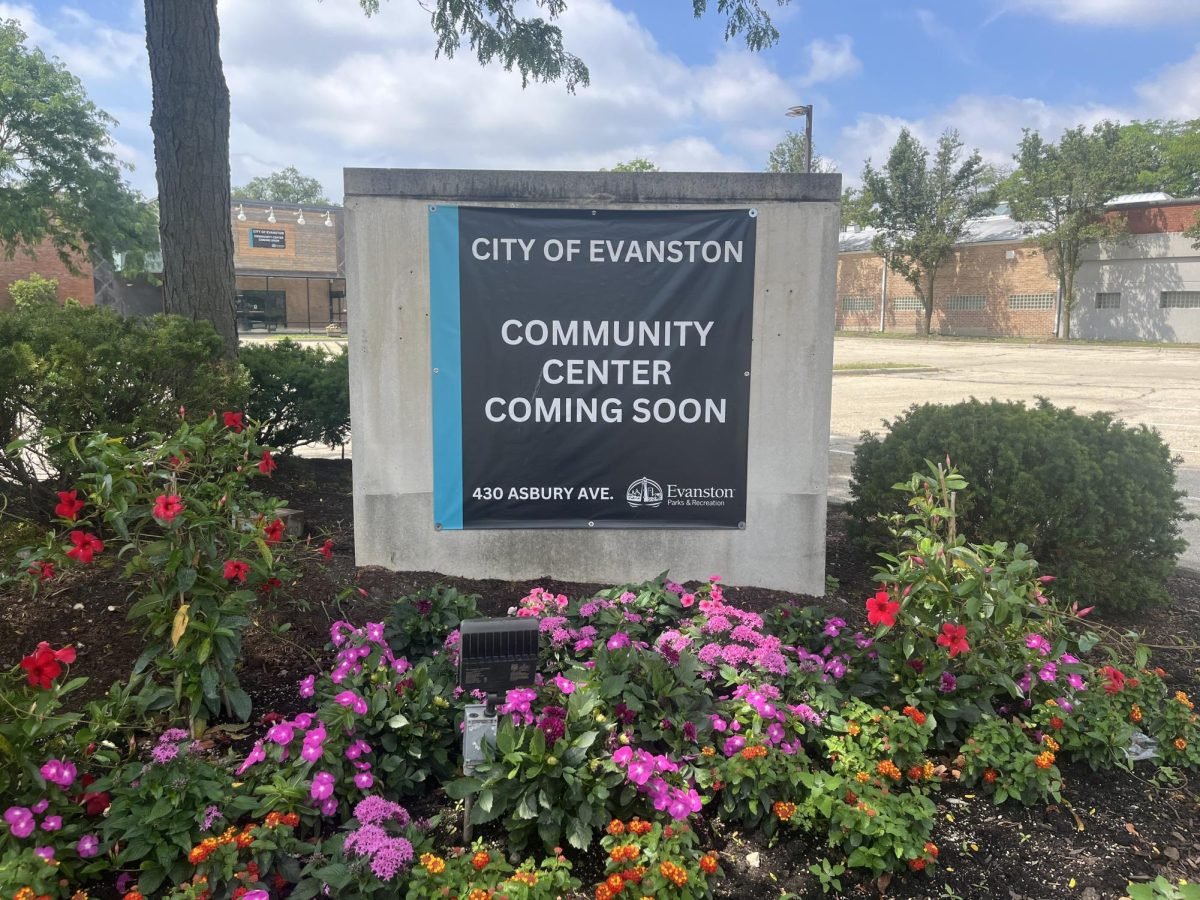When Courtney Pierre Joseph, associate professor of history and African American studies at Lake Forest College, was researching the history of Haitians in Chicago for her dissertation, she found little research or archived documents on the topic.
However, Joseph quickly learned that Jean Baptiste Pointe DuSable — the first permanent non-Indigenous settler of what later became Chicago — had Haitian roots, like her.
Joseph delivered a talk on DuSable’s life and legacy at the main branch of the Evanston Public Library on Thursday, emphasizing how Black people have preserved and passed on stories about his life.
As she continued researching DuSable’s life, Joseph said she became part of a long line of Black women spreading histories that risked becoming erased.
“We can’t have this truth denied to us,” she said. “We have to honor everyone who helps make Chicago’s history.”
After migrating to present-day Chicago, DuSable created a successful trading post and married Kitihawa, a Potawatomi woman.
DuSable lived in St. Charles, Missouri, at the end of his life, until his death in 1818. Although he was buried in Missouri, the cemetery in which he was buried was moved twice, and his body was not found when researchers later tried to excavate it, according to Joseph.
Evanston resident Cheyenne Shinn, who attended Joseph’s talk, said knowledge of DuSable and his two children remains limited.
“I would be interested to know the real facts in depth surrounding his death,” she added. “And the fact that he had two children … and the fact that there is no history on that — we don’t know of the lives of his descendants and if any of them are living today.”
DuSable’s Chicago home was eventually acquired by fur trader John Kinzie, who committed what is commonly known as the “first murder in Chicago” in 1812.
Kinzie’s daughter-in-law published an 1856 book that Joseph said was the first written account of Chicago’s history. The book represents one of numerous attempts to erase DuSable from the historical record, Joseph said.
Joseph found few records or documents related to DuSable before Marc O. Rosier published a book on him in 2015. Oral tradition has been crucial to passing on knowledge about the explorer, she said — especially among Black communities who have mobilized around his story.
Since the 1930s, DuSable has lent his name to a school and museum on the South Side of Chicago. In 2021, the city officially renamed Lake Shore Drive in honor of the explorer.
A bronze bust of DuSable, entitled “Explorer,” has been on display outside EPL since last October.
Heather Ross, literary programming librarian at EPL, said the library was “excited to shed light on DuSable” so people could “put more information on the literal face” and have a deeper understanding of the explorer.
In 1987, then-Mayor Harold Washington — Chicago’s first Black mayor and a graduate of DuSable High School — dedicated a plot of land at the mouth of the Chicago River to the construction of DuSable Park. The park has yet to be completed.
People can preserve DuSable’s legacy by continuing to tell his story and advocating for the construction of the park, Joseph said.
“This sort of advocacy is all that we have to honor this man,” she added.
Email: [email protected]
Related Stories:
— ‘Explorer’ statue of Du Sable finds its temporary home in Evanston
— Evanston community hosts events for Black History Month
— Q&A: Wilburn reflects on three months at EPL, lifetime in libraries Evanston Public Library











